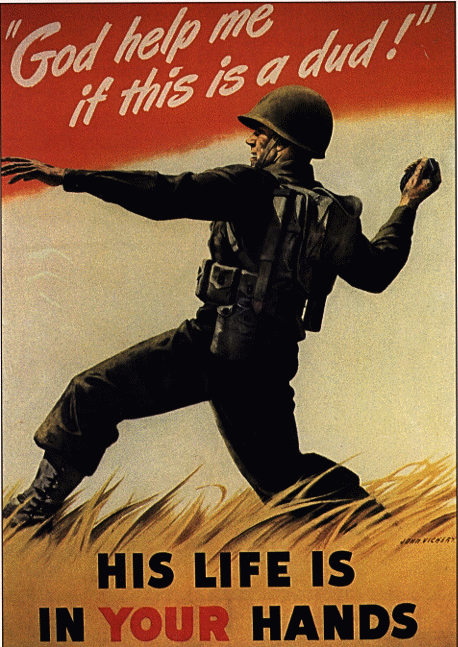
Pecuniary and Nonpecuniary Incentives to Work in the U.S. during World War II.
Abstract
It is argued that changes in workers' budget sets cannot explain the dramatic increases in civilian work effort in the U.S. during World War II. Although money wages grew during the period, wartime after-tax real wages were lower than either before or after the war. Evidence from the 1940's also appears to be inconsistent with other pecuniary explanations such as wealth effects of government policies, unfulfilled expectations, and changes in the nonmarket price of time. Although untested and relatively undeveloped, models of propaganda and patriotism emerge as tempting explanations for wartime work effort.
Electronic copies of this paper are not available. The paper is forthcoming, Journal of Political Economy.
Until publication, hard copies of the paper are being circulated as:
© copyright 1995-8 by Casey B. Mulligan.
